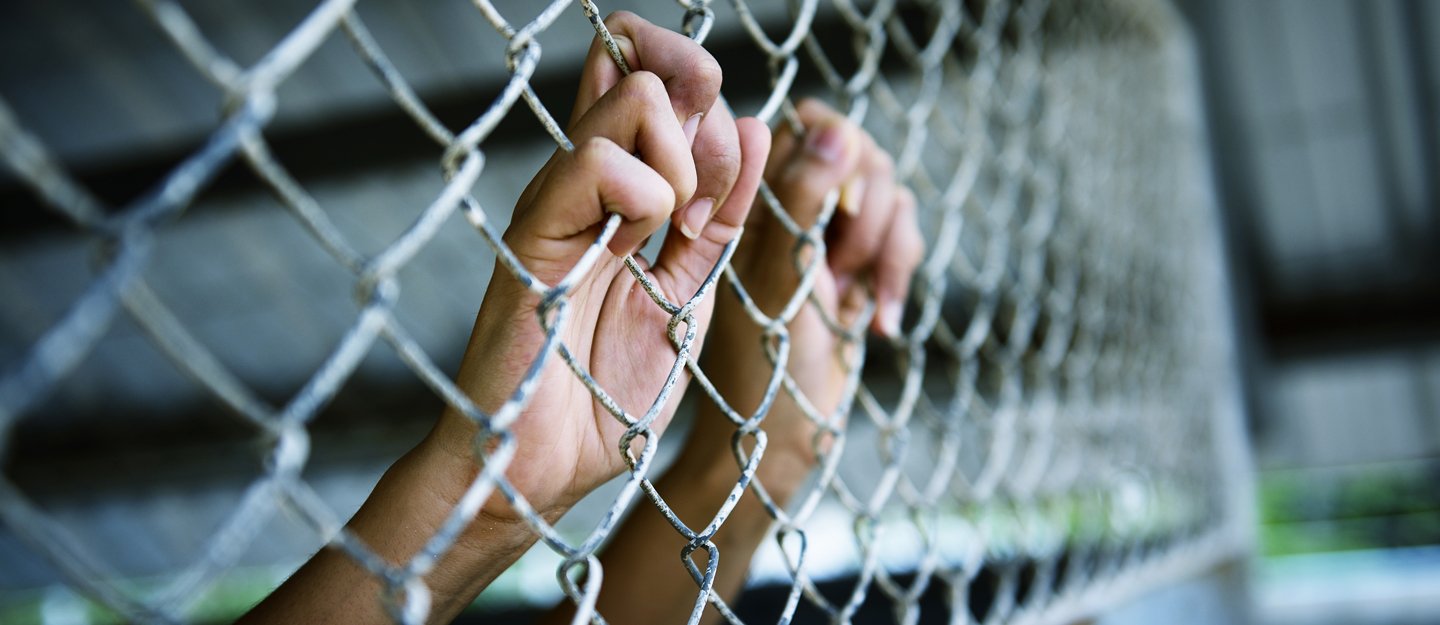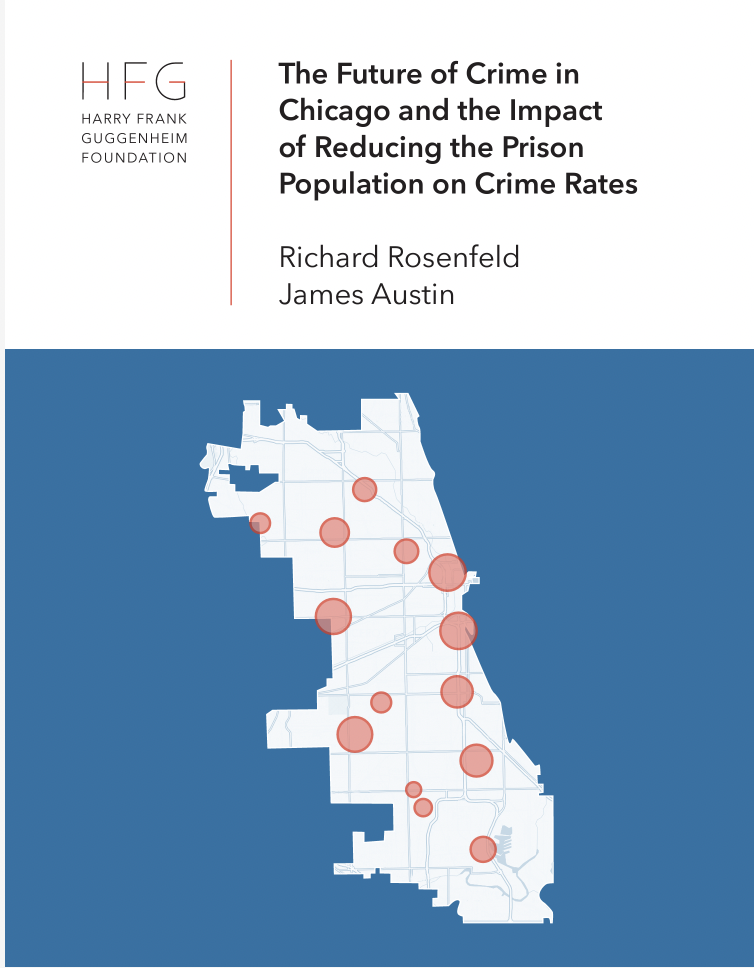The allegation that criminal justice systems (and that of the United States in particular) have become guilty of overcriminalization is widely accepted by academics and practitioners on nearly all points along the political spectrum (Dillon 2012). Many commentators respond by recommending that states decriminalize given kinds of conduct that supposedly exemplify the problem. I urge those who are theoretically minded to proceed cautiously and address several preliminary matters that must be resolved before genuine progress is possible. In the absence of a position on several controversial normative and conceptual issues, discussions of overcriminalization and decriminalization are bound to be oversimplified and superficial. My review is organized around six of these issues. I invite commentators to examine (a) what the criminal law is; (b) what overcriminalization means; (c) why overcriminalization is thought to be pernicious; (d) whether overcriminalization is a de jure or de facto phenomenon, i.e., whether it is a function of the law on the books or the law in action; (e) what normative criteria might be invoked to alleviate the predicament; and (f) whether and to what extent overcriminalization is a serious concern in our penal system. Even though these six issues are analytically distinct, positions about one invariably blur into commitments about the others. Although theorists rarely dissent from the claim that states are guilty of something called overcriminalization, uncertainties about the foregoing topics mar their treatments. I conclude that a deep understanding of the problem of overcriminalization depends on how these six issues are resolved.
Annual Review of Criminology, v. 6. 2023, 19pg



